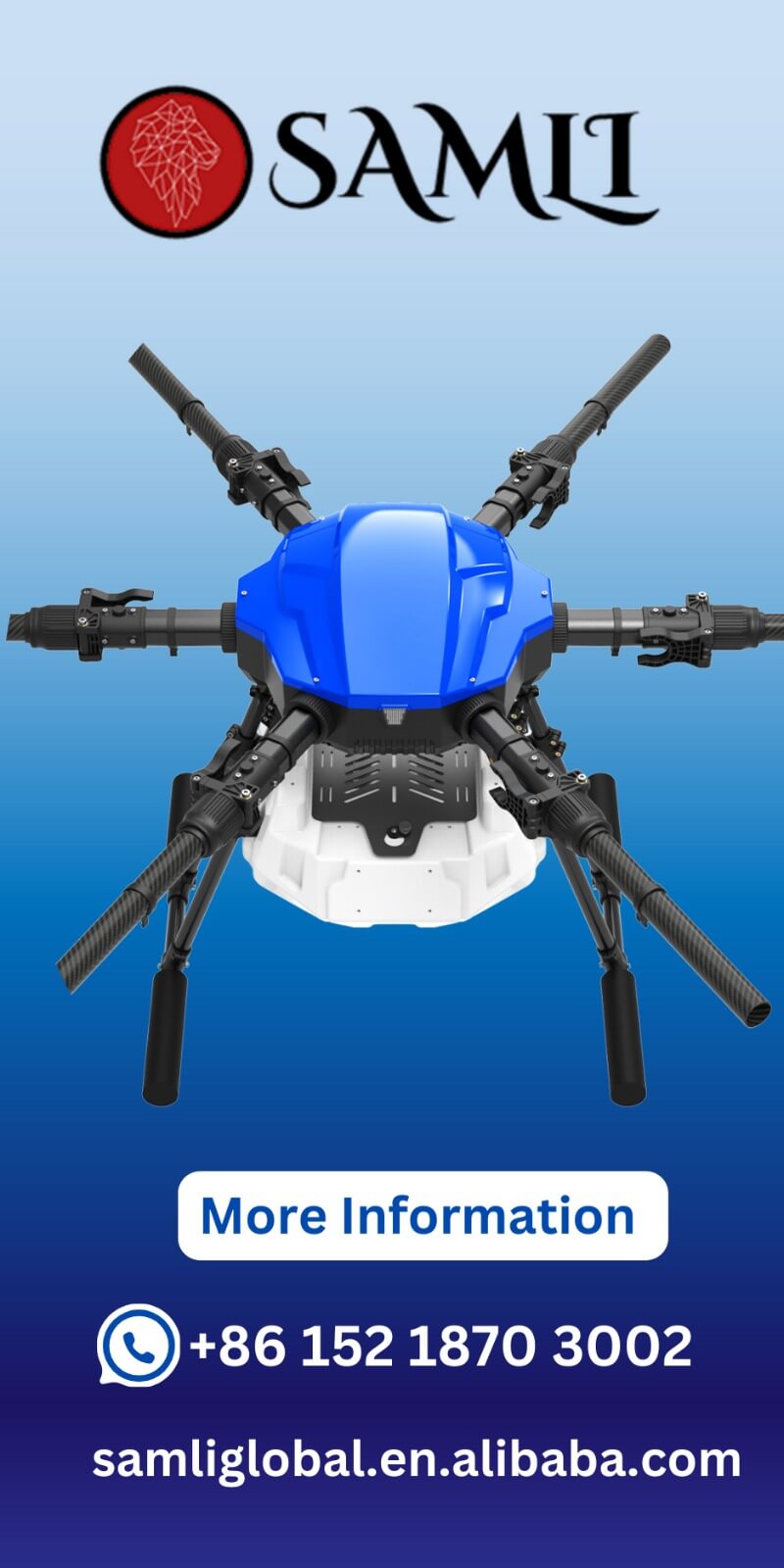Hello, coders! If you are reading this article, it means that soon you will have an interview in order to apply for a job. Now, I want to tell you some particularities of being at an interview and some tips about how to prepare for it. Actually, specific knowledge and the ability to show it in an interview are two completely different things. The first interview for a front-end programmer position is a constant source of stress, regardless of age. During the interview, basic things begin to be forgotten, and some questions are baffled. This article will be useful both for those who apply for a job and for those who want to hire front-end developers.
There is no way to remove anxiety entirely; taking a short job interview can reduce it. Please note that the interview itself can take more than one hour. Some companies need to go through two or more rounds. Sometimes they go in a row, turning into a long-term marathon; sometimes they are split over several days.
There are no two identical interviews. The same people conduct each interview a little differently. A lot depends on which direction the dialogue will go, what mistakes the interviewer will make, and where his thoughts will lead him. Moreover, even within the same specialization, different companies may ask completely different things. The stronger the company, the more fundamental questions and less applied. And vice versa. In very simple situations, they are exclusively interested in the applied skills that are needed specifically for this position.
The interview process depends on your previous experience. If you can talk to them about past projects, then, most likely, they will start asking you about them. If not, then general intelligence tests will be used.
Key topics during the interview
1. About yourself Past experience.
Usually, an interview starts with an acquaintance. At this stage, they look closely at you, assess the overall adequacy, and look for clues for further conversation. Ideally, you need to have real projects with your participation behind you. Educational projects, the code of which is posted on GitHub, are also suitable.
At this point, be prepared to answer the following questions:
1. What’s the last book on programming you read?
2. What are you most proud of as a programmer?
3. What is the most difficult (interesting) problem that you solved in a previous project or training project?
4. How did you test the code to work? (It will be perfect if you know how to write automated tests)
5. How was the development process organized at the previous site?
6. Why did you leave your previous job?
7. Where do you see yourself in five years?
Recommendations:
1. Create multiple projects on GitHub
2. Answer the questions described above for yourself
3. Get to know extreme programming ideas
There is a category of tasks that have been fashionable to ask in interviews before when the company wanted to hire front-end developers. Microsoft was the first to ask this, then many others followed suit. Here are some examples:
- Why are the hatches round?
- How many tennis balls can the bus fit?
- How many piano tuners are there in the world?
- How to move Mount Fuji?
- If the fuse cord burns for one hour, then how to make it burn out in half an hour?
The questions themselves are interesting. It is worth smashing your head over them in the circle of friends. The problem is that they are weakly correlated with the developer level. These questions are not logical in the strict sense, they rely more on imagination, a state where you suddenly guess before the answer. True, there are usually more than one answer.
It is believed that the very process of reasoning over these questions shows how a person’s brain works. On the one hand, it shows, but on the other hand, the state of stress and the suddenness of such questions is discouraging. Moreover, the interviewee will most likely not understand what they want to hear from him.
Large companies have given up on these questions, but no one is immune. There is always a chance that you will be asked about hatches. Therefore, it makes sense to prepare in advance. View a list of the most common and speculate on them in your home circle.
2. Operating systems and networks
This includes a huge list of topics such as command line proficiency, understanding TCP / IP, http, DNS, event loop, and much more.
Typically, these questions are not asked directly. Mostly they come up with different stories or situations. Examples of questions:
1. Could such an IP address exist: 283.12.30.111?
2. What happens when a user types google.com into the browser?
3. Is it possible to specify both query and post parameters in HTTP requests?
Recommendations:
1. Read a book on operating systems
2. Switch to Linux (e.g. Ubuntu)
3. Explore networks at a basic level: TCP / IP, DNS, http
4. Coding
The less experience you have, the more likely you are to be asked to write code. They usually ask to write it on a piece of paper or in an environment like repl.it. The task is given 10-20 minutes. A couple of examples:
1. Write a program that displays numbers from 1 to 100. In this case, instead of numbers that are multiples of three, the program should display the word “Fizz”, and instead of numbers that are multiples of five, the word “Buzz”. If the number is a multiple of both 3 and 5, then the program should output the word “FizzBuzz”.
2. Write a program that flips a string. Suggest several ways.
3. Write a program that checks the balance of parentheses in a string.
4. Implement a program that removes a directory with all attached files and directories (recursion task).
During the solution, you may be asked to think about the problem out loud. The interviewee wants to follow your train of thought.
These tasks show how good the interviewee is with logic and algorithmic thinking, and how he masters the basic constructions of the language. They allow you to weed out weak candidates, but they do not help to identify strong ones.
Dozens of services have been created on the Internet that specialize in similar tasks. Be sure to include them on your preparation list. Learn to complete easy tasks with your eyes closed. This skill will help not only to pass interviews but also in real programming.
Recommendations:
1. Practice writing code on a piece of paper
2. Try to reason out loud while solving algorithmic problems
3. Find a comfortable platform and hone your craft
Questions for a front-end developer candidate
Note: This repository contains a selection of questions that can be used when you want to hire front-end developers and conduct an interview with them. Only ideas are offered here, you do not need to ask all the questions at once (otherwise, the interview will be very long).
Also, keep in mind that many questions do not require an unambiguous short answer, but only help start a conversation on a particular topic (giving the candidate the opportunity to show himself in all his glory).
HTML questions:
1. What is the doctype for?
2. How should a page be styled with content in different languages?
3. What should you pay attention to when developing multilingual websites?
4. What are the attributes starting with data-?
5. Introduce HTML5 as an open web platform. What blocks does HTML5 consist of?
6. Explain the difference between cookie, sessionStorage, and localStorage.
7. Explain the difference between <script>, <script async> and <script defer>.
CSS Questions:
1. What is the specificity of CSS selectors, and how does it work?
2. What’s the difference between “reset” and “normalize” CSS? Which would you choose and why?
3. Explain what floats are and how they work.
4. Explain what the z-index is and how the overlay context is generated.
5. Explain what a block formatting context is and how it works.
6. What are some clearing methods you know and when are they used?
7. How do you solve browser-specific styling issues?
8. How do you ensure that pages are displayed in browsers with disabilities?
9. What techniques or processes do you use for this?
10. What are some ways to visually hide the element (leaving it accessible only to the screen reader)?
11. Have you used a grid system, and if so, which one do you prefer?
12. Have you ever used or implemented media queries or layouts for mobile devices?
JavaScript questions:
1. Explain the event delegation.
2. Explain how this works in JavaScript.
3. Explain how prototypal inheritance works.
4. What do you think of AMD vs. CommonJS?
5. Explain why this is not an IIFE: function foo () {} ();.
6. What needs to change to make it an IIFE?
7. What is the difference between variables whose value is null, undefined, or not declared?
8. How would you test them against each of these values?
9. What is a closure, and how or what is it used for?
10. Can you describe the main difference between a forEach loop and a.map() loop? And in what cases is each of them used?
11. When are anonymous functions commonly used?
12. How do you organize your code? (module pattern, classical inheritance)
13. Explain what bubbling is.
14. What is the difference between an “attribute” and a “property”?
15. Why shouldn’t you extend native JavaScript objects?
16. That’s it. Thank you for your motivation and interest, and good luck on your interview!





